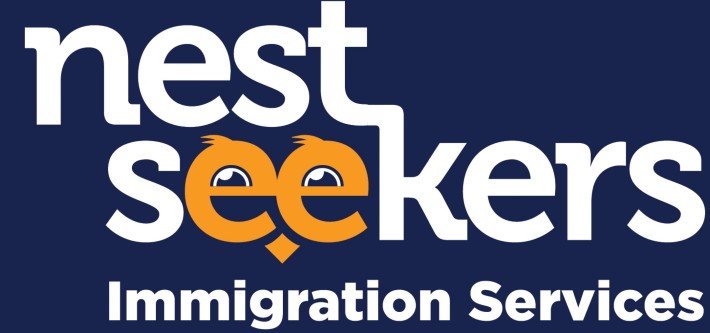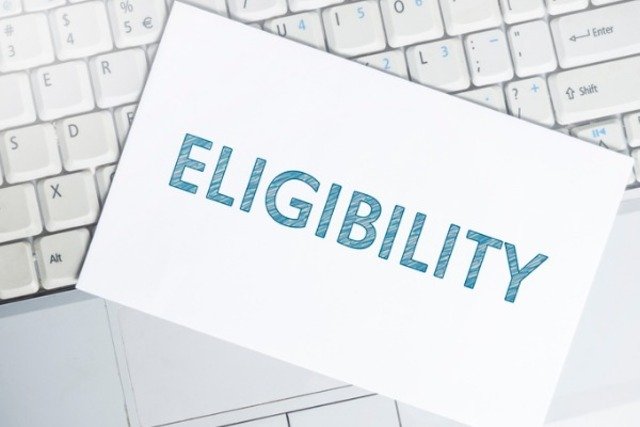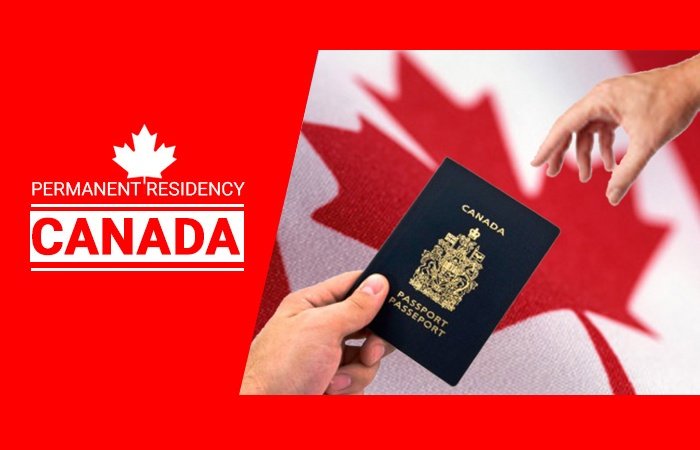Study
In order to be eligible for Canada Student Visa ( study permit) students must first be accepted by a Canadian educational Institution for enrollment. In addition when they reach Canada, they require a temporary resident visa or electronic Travel Authorization depending upon from which country they are applying for study permit.
Eligibility
Foreign students need to fulfill following conditions in order to be eligible for student visa :
- Students must have been accepted by a Designated Learning Institute (DLI) in Canada and must have received an acceptance letter from them before they submit their application for a Canada student visa.
- Students must prove that they have enough finance to pay for their tuition fees, living expenses for themselves as well as family members , if any, who come along and return transportation expenses for themselves and their family members who accompany them
- Students must not have any criminal record and must be a law-abiding citizen so that they are not a threat to Canada. For this they must be able to provide a police certificate
- Students must be medically fit and must undergo prescribed medical test
- Students must be able to satisfy an immigration officer that they will leave Canada at the end of their authorized stay.
Certain cases where student visa is not required which include:
- Students who wish to study in a short-term course or program which lasts six months or less. In such cases they must complete their study within period authorized for stay in Canada
- Students who are family members of a Foreign representatives to Canada. In such cases they may not need a study permit. They may contact their embassy in Canada. The embassy can contact the Office of Protocol at GAC to find out whether student need a study permit or not
- Students who are family members of foreign armed forces under the Visiting Forces Act, do not need a permit to study in Canada.
- Students who are a citizen of another country who has Registered Indian status in Canada, do not need a permit to study in Canada.
- Extension of visa for study: If students want to extend their stay in Canada as a student, they must submit an application to do so before 30 days from expiry of study permit Similarly If they decide to change programs or institutions, they must submit an application to change the conditions of their study permit.
- Restoration Status as student: Students may apply to restore their status as a student within 90 days of losing it. They may only apply if they have met all requirements and conditions under which they were allowed to enter and stay in Canada.
After they apply to restore their status, they may stay in Canada until a decision is made on their application but you are not allowed to study until their status has been restored.
There is no guarantee that their application to restore their status will be accepted. While applying they must provide full details of all the facts and circumstances that caused them to lose their status. - Health Care during study permit: The Government of Canada does not pay for the medical costs of foreign students during their study. Health insurance in Canada is in provincial jurisdiction and varies from province to province. It is recommended that students should contact their respective institutions to receive more information regarding the health insurance packages they offer.
- Work while studying: Students who are enrolled in a full-time program are allowed on-campus or off-campus without a work permit. However certain conditions apply depending on the location of work, and type of program the student is enrolled in.
- Bringing Family to Canada during study: Students are allowed to bring their spouse, common-law partner, and dependent children to Canada to be with them while they study.
- Spouse/Common-law partner Open Work Permit: The spouse or common-law partner will receive an Open Work Permit for the duration of their studies. The open work permit will allow their spouse or partner to work for any employer within Canada, however their work permit is valid only till students study visa expires.
- Post-Graduation Work Permit: Once students have graduated from an eligible program at a Canadian post-secondary institution, they can apply for the Post-Graduation Work Permit Program. This program offers graduates a three year open work permit which allows them to earn valuable work experience. They do not need to have a job offer to get an open work permit. However it must be noted that they apply for a Post graduation work permit not later than 90 days after receiving written confirmation of graduation and also their study permit has not expired.
Additionally, Canada allows foreign students who have completed their studies in Canada and have gained a certain amount of work experience within Canada to apply for immigration to Canada under the Canadian Experience Class (CEC).
Work while Studying
International students who are studying in Canada are allowed to work part time during their study period. Additionally their spouse or common-law partners are allowed to get a work permit and work full time during the tenure of their study. Students while studying can do following jobs
Types of work :
- They must have valid study permit to be eligible for this work
- They must have a Social Insurance Number(SIN)
- They can work only for the time they are studying. The moment their study is complete they are not allowed to work under this category and must have a valid work permit.
- They are also not allowed to work under this category if they are on authorized leave from their study.
Work on campus includes working in an institution they are studying, running a private business in the campus they are studying or working for a contractor in the campus.
- They must be full time student at a designated learning institute(DLI)
- They must be enrolled in a post secondary academic, vocational, professional, vocational or professional training program.
- Their study program must be at least 6 months long and must lead to a degree or diploma or certificate course.
- As a part time student one can only work if he/she is studying in the last semester and does not need a full time course load and he/she was a full time student till last semester.
- If any student is on authorized leave he/she is not allowed to work off campus.
- Students are only allowed to work 20 hours per week during regular school terms/semesters and are allowed to work full time during scheduled breaks in the school year. Working more than 20 years per week during study period is not approved and any student indulging in such activity can be asked to leave the country
Working as co-op student : Some study programs include work experience as part of their curriculum. One can apply for co-op if:-
- They have valid study permit.
- Work they are undertaking is required to complete their study.
- They must have a letter from their school that confirms that all students of your program need to complete work placement to get their degree.
- Their co-op placement totals 50 % or less of their study program.
Work permit for spouse/common law partner : During study period one’s spouse/common in law partner may be eligible for work permit if following conditions are met:-
- The student has valid study permit
- The student is eligible for post-graduation work permit(PGWP).
- Student is a full time student in a public post-secondary school/ a Canadian private school that can legally award degree.
One needs to apply for an open work permit which may take time and it is only valid for the same time as his/her study permit.
Post graduate work permit(PGWP) : After the student graduates he/she may be able to work temporarily or even live permanently in Canada. For this he/she needs a work permit. The work experience gained during this work may help him/her in getting PR. To be eligible for PGWP the student must have graduated from a designated learning Institute(DLI). One is even eligible under this work permit if he/ she has completed study online from outside Canada between spring 2020 and December 2021.PGWP’s validity depends upon the length of the study program.
- If length of study program is less than 8 months one is not eligible for work permit.
- If the length of the study program is between 8 months but less than 2 years, the length of the work permit is generally the same as the length of the study program.
- if the length of the study program is 2 years or more, the length of the work permit is 3 years.
- If any student has completed more than 2 programs, he/she may get PGWP that combines the length of each program provided each study program completed is at least 8 months old. One can not get a PGWP if he/she has already one after completing an earlier program of study.
Studying in Canada is another pathway to obtain PR
If you currently do not have enough CRS points to be selected for PR, you still have the option to come to Canada and study. If you (or your spouse) enrol in a 2 year college or university program, the student can work 20 hours a week while in school, and full-time during school breaks (4 months a year during the summer holiday). The spouse of a student can get a work permit and work in any job in Canada. If you have children, they can accompany you and go to school in Canada for free. If you come to Canada and start a family while you are studying, your children automatically become Canadian citizens if born in Canada. After graduating from a 2 year program, the student and spouse can both can get a 3 year work permit to work in Canada.
Candidates that choose to study in Canada have many options to apply for PR. Their spouse can apply for PR through a PNP program after working in a skilled job for 6 months in Manitoba province or 1 year in Alberta, Saskatchewan, New Brunswick, Nova Scotia, while their spouse is still in school. A student can apply for PR after they graduate if they have enough points, or they can work for 1 year and apply for PR under a PNP program or Canadian Experience Class.
Additional CRS points are awarded for:
- Graduating from a Canadian school (15 – 30 points)
- Having a skilled job in Canada (50 points)
- Working in Canada (points are awarded for each year you work in Canada: 35 – 80 points)
The financial requirements to study in Canada starts at $30,000 for 1 person (first year tuition + $10,000 for living expenses), and for each additional family member that accompanies you to Canada, you must have an additional $3,000 per person.
If you do not have the funds yourself, you can get a letter from a family member stating their intention to support you financially, along with their financial documents.
Candidates who are eager to come to Canada with their family, should consider studying as an option. School programs typically start in September and January each year, but there are some programs that start every 2 months. Students can come to Canada 1 – 1.5 months before their program starts, and their family can accompany them.
There are many schools and programs to choose from; some have IELTS 5, 6 or 7 as a requirement for admission, while others provide an English study program first, followed by the diploma program.
You do not require a study permit to go to school in Canada if:
- You wish to study in a short-term course or program: You do not need a study permit if you plan to take a course or program in Canada that lasts six months or less. You must complete the course or program within the period authorized for your stay in Canada.
- You are a family member of a Foreign representatives to Canada:If you are a family member or staff member of a foreign representative to Canada accredited by Global Affairs Canada (GAC), you may not need a permit to study in Canada. You should contact your embassy in Canada. Your embassy can contact the Office of Protocol at GAC to find out whether you need a study permit.
- You are a family member of foreign armed forces:If you are a member of a foreign armed force under the Visiting Forces Act, you do not need a permit to study in Canada. If your family members, including minor children, want to study in Canada, they must meet the requirements.
- You are a foreign national who is a Registered Indian in Canada:If you are a citizen of another country who has Registered Indian status in Canada, you do not need a permit to study in Canada.




